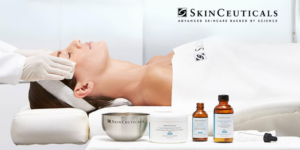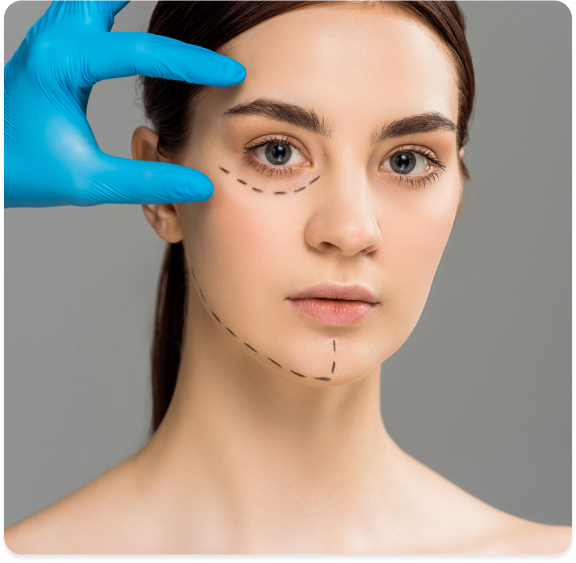
Prioritizing Safety And Results: Choosing Trained Aesthetic Medical Professionals
The quest for a youthful, radiant appearance has never been more prevalent in our society. With the allure of medical aesthetics growing by the day,
The booming popularity of aesthetic treatments offers exciting opportunities to enhance one’s appearance, with increasingly innovative procedures being made available each year. However, as more individuals in the UK and beyond turn to these treatments, the necessity for stringent regulations becomes ever more apparent. Regulatory frameworks play a pivotal role in safeguarding patient safety and ensuring the efficacy of aesthetic treatments.
Regulations in the aesthetics industry are not merely bureaucratic hurdles; they are critical safety nets that ensure practitioners meet high standards of medical knowledge and technical skill. These regulations stipulate that anyone performing aesthetic procedures must have comprehensive training in handling the specific materials and technologies used. By setting these standards, regulatory bodies help to prevent instances of malpractice that can lead to serious complications, such as scarring, infection, or even more severe medical issues.
In the realm of medical aesthetics, the quality of products such as dermal fillers and botulinum toxins is paramount. Regulations ensure that these products have been thoroughly tested and proven to be safe and effective through rigorous clinical trials. This is crucial to ensure that treatments do not just achieve the desired aesthetic effect but do so without harming the patient. Additionally, these regulations help to prevent the market from being flooded with inferior or counterfeit products that can endanger health.
Ethical regulations in aesthetics go beyond preventing overt malpractice, focusing also on the subtleties of patient interactions. These guidelines ensure that practitioners provide potential patients with a realistic understanding of what aesthetic procedures can and cannot achieve, thus guarding against unrealistic expectations. They also mandate that all marketing and promotional activities are truthful and not misleading, contributing to a more informed and aware consumer base.
Strong regulatory frameworks build public trust in aesthetic medicine by demonstrating that the sector is closely monitored and held to high standards. This reassurance is crucial for an industry that operates at the intersection of health and beauty, areas particularly susceptible to public skepticism and safety concerns.
FDA approval is recognized worldwide as a rigorous indication of a product’s safety and effectiveness. In the UK, while the CE Mark is the standard, FDA approval is often used to further reassure both practitioners and patients of the quality and reliability of the products being used. This dual recognition is especially important in a globalized market, where products and technologies are frequently developed and tested in different regulatory environments.
The consequences of bypassing regulations can be severe. Non-compliance can lead to treatments that not only fail to achieve the desired outcomes but also pose significant health risks to patients. These include the use of non-approved substances, improper sterile techniques, and unethical business practices that can result in long-term damage both physically and psychologically to patients.
This critical decision can be the difference between achieving safe, satisfying results and experiencing harmful outcomes. Patients should thoroughly research and select practitioners who not only meet the regulatory requirements but who also have a proven track record of ethical practice and patient satisfaction.
Nova Aesthetic Clinic in Greenwich, London exemplifies the importance of adhering to strict regulatory standards. Our team of licensed professionals is committed to providing the highest level of care, using only approved products and maintaining the highest standards of clinical practice. By ensuring compliance with all regulatory requirements, Nova Clinic offers a safe, ethical, and trustworthy environment for all your aesthetic needs.
In the world of medical aesthetics, the importance of regulations cannot be overstated. They are the backbone of safe practices and patient confidence. At Nova Aesthetic Clinic, we prioritize your safety and wellbeing by strictly adhering to these regulations, ensuring that your journey to enhanced beauty is both safe and satisfying.

The quest for a youthful, radiant appearance has never been more prevalent in our society. With the allure of medical aesthetics growing by the day,

In the bustling world of skincare, the terms cosmetics and cosmeceuticals frequently dominate discussions, each offering pathways to enhanced beauty. With a plethora of products

Are you seeking a way to rejuvenate your skin without resorting to invasive procedures? Discover the powerful combination of SkinCeuticals and Dermapen 4 at Nova

At Nova Clinic, our focus extends beyond immediate aesthetic treatments. We advocate for long-term wellness, starting with the foundations of good skincare practices from an

Are you tired of finding strands of hair on your pillow every morning? At Nova Clinic in London, we understand how distressing hair loss can

In the evolving landscape of cosmetic procedures, non-surgical nose reshaping stands out as a revolutionary approach for those seeking to refine their facial contours without

Let us know if you have any questions.
Nova Aesthetic @ 2024
2024 – Powered by Fast Digital